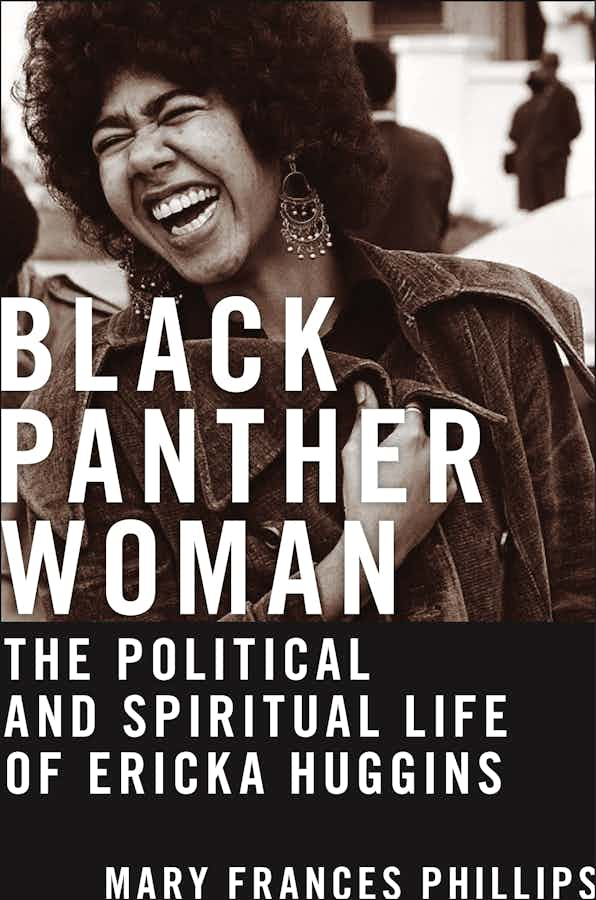External forces, notably the FBI, played a significant role in shaping the gender dynamics within the BPP. In 1969 political repression had a profound and devastating impact on the BPP; ethnic studies scholar Ward Churchill emphasized that the “Black Panther Party was literally sledgehammered [by the FBI’s COINTELPRO program]. Of the 295 counterintelligence operations the bureau has admitted conducting against Black activists and organizations during the period, a staggering 233, the majority of them in 1969, were aimed at the Panthers.”
The police and other government forces gained information on the BPP to destroy, distort, and misrepresent the BPP to the public. Because of sexist and racist ideas, FBI agents often targeted male BPP members. Amidst the intense governmental repression of that era, the BPP adopted a strategy of closing ranks and implemented quality control measures, resulting in the expulsion of numerous members.
Notably, women were placed in more leadership positions. As LeBlanc-Ernest noted, “Expansion of female participation became critical for the organization to function effectively.” Women became central to the BPP programming.
Political repression soon hit close to home for Ericka as the FBI claimed the lives of both John and Bunchy on the campus of UCLA. Leading up to the tragedy, members of the UCLA Black Student Union (BSU) requested support from John and Bunchy to assist them in a highly charged meeting concerning the directorship of the High Potential Program, an equal opportunity program.
John served as the captain and later deputy chairman of the LA chapter, and Bunchy was the deputy minister of defense and a UCLA student. The BPP revered Bunchy. He educated himself during his time in prison, politicized and organized the Slauson gang, and recruited many of them into the BPP. The BSU with John and Bunchy were in discussions with another group, Maulana Karenga’s US organization.
Ericka remembered Bunchy as always well-dressed, projecting a regal nature and strong sense of integrity. He was a grassroots intellectual who taught political education, emphasizing a pedagogy of community love. Ericka, who was highly attuned to care politics, was particularly moved by his teachings, which emphasized that care work did not reproduce gender norms within the organization.
John and Bunchy were fearless BPP leaders who considered women equal partners in the struggle. On January 17, 1969, tension reached its zenith at a meeting in Campbell Hall when John and Bunchy were shot. Ericka contended that the FBI infiltrated the BPP, the US organization, and the UCLA campus, and murdered John and Bunchy. The FBI strategically leveraged the differences between the BPP and US into a major conflict.
